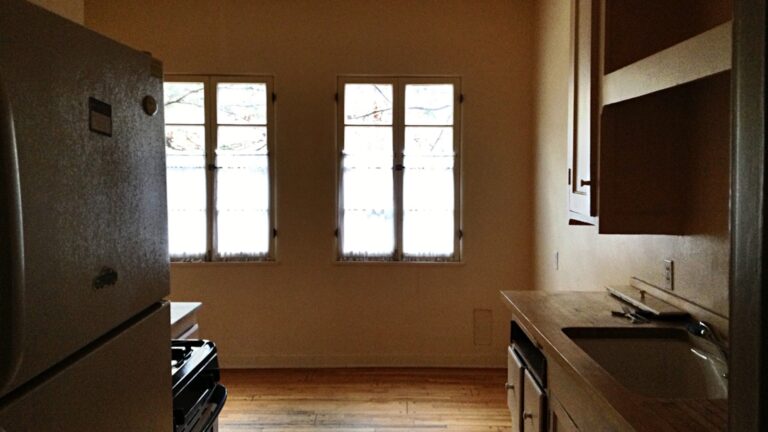Did you know that gas stoves, used in more than one-third of U.S. homes, can expose you to dangerous levels of nitrogen dioxide?
A new study by Harvard University researchers and their collaborators finds that many Americans may be inhaling higher levels of this harmful contaminant than what the Environmental Protection Agency and the World Health Organization consider safe. Here's what this means for you and your family.
What is Nitrogen Dioxide?
Nitrogen dioxide (NO2) is a gas that irritates the lungs. It is released into the air through pollution from cars, power plants, and of course gas stoves. When you use a gas stove, NO2, benzene, and unburned methane are released into your home, reducing your indoor air quality.
Why is NO2 emitted by gas stoves a problem?
The researchers, who published their findings in the journal Science Advances, estimate that inhaling NO2 from gas stoves could cause or exacerbate 50,000 cases of childhood asthma in the United States – up to 200,000 cases.
According to Harvard researchers, this exposure is also linked to an increased risk of chronic obstructive pulmonary disease (COPD), lung cancer, and other health problems.
This problem disproportionately affects low-income households: people living in small homes are four times more exposed to NO2 than those living in larger homes.
The study also found that NO2 concentrations were 60% higher than the national average in American Indian/Alaska Native households and 20% higher in black and Hispanic/Latino households.
How can you protect your family's health?
One easy solution is to replace your gas stove with an electric induction stove, which doesn't produce NO2 and allows you to cook without compromising your indoor air quality.
🗣️What sustainable cooking change are you most interested in trying?
🔘 Reduce food waste 🗑️
🔘 Eat more plant-based foods 🥕
🔘 Using high-tech kitchen tools 🍳
🔘 Not Interested 🚫
🗳️ Click on the options to see the results and tell us what you think
Brands like Duxtop offer portable induction burners that make it easy and affordable to switch over to most or all of your stovetop cooking without having to replace your oven or stove.
“There is no safe level of exposure to these toxic substances from gas, propane, or fossil fuels, whether indoors or outdoors,” said study author Kari Nadeau, a professor at Harvard University. By choosing an induction stove, you're taking a meaningful step toward protecting your health and the planet.
Gas stoves are common but pose serious health risks, especially for children and those in disadvantaged communities. Switching to induction cooking is one concrete way you can improve the air quality in your home.
As more research sheds light on the dangers lurking in our everyday appliances and habits, we can make better choices for ourselves and the environment.
Sign up for our free newsletter for quick tips Save More, Reduce wasteand Please eat it. While helping the planet.


